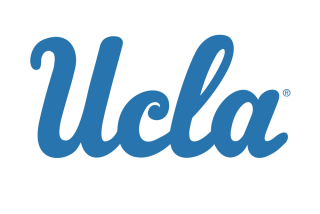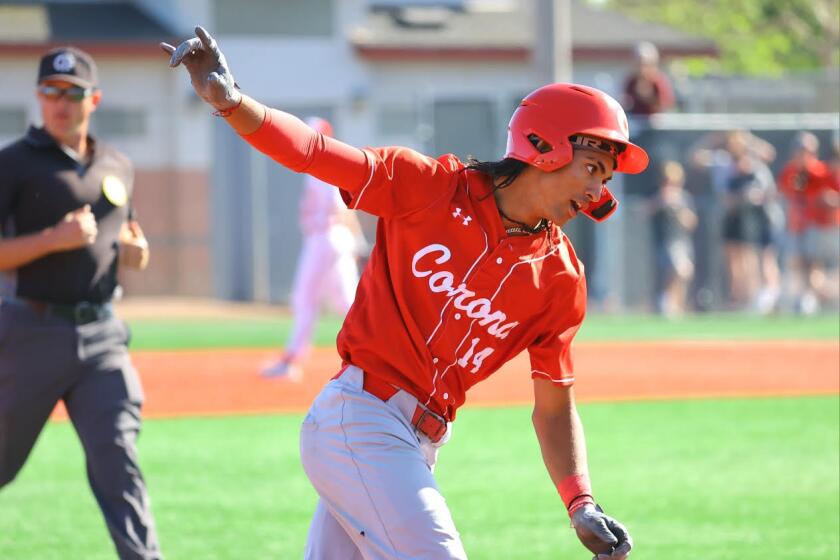A Tough Call but the Right One : Why punish innocent UNLV players for what a coach did?
- Share via
“No harm, no foul.” That’s what sportscasters say when basketball players collide but the referee lets the game go on. And it’s pretty much what the National Collegiate Athletic Assn., which enforces the rules for college sports, decided to do in the case of men’s basketball at the University of Nevada, Las Vegas.
Granted, UNLV’s controversial coach, Jerry Tarkanian, seems to have gotten off easier than other coaches whose athletic programs violated NCAA rules simply by fighting longer than most of them do when slapped with penalties.
But consider:.
The penalties for recruiting violations were first imposed on Tarkanian and the university in 1977. Among other things, the NCAA ordered Tarkanian suspended from coaching for two years. Tarkanian sued, alleging he was the victim of a vendetta by NCAA investigators so determined to get him that they violated his rights of due process. The case went all the way to the U.S. Supreme Court, which upheld the NCAA’s authority in 1988--a legal victory for everyone who wants at least a minimal effort made to keep college sports clean.
But after UNLV won the 1990 men’s basketball championship, the NCAA imposed new penalties, banning UNLV from TV and postseason tournaments in the 1990-91 season. After the school appealed, NCAA reconsidered the judgment it had imposed on a team whose present members were in grade school when the original violations occurred. This week the collegiate association decided to allow the team to postpone the penalties until 1991-92, so that UNLV can defend its championship.
It was a good call. Because even if UNLV manages to win the NCAA basketball championship again, it will still suffer for Tarkanian’s rules violations in the long run. Without revenues from postseason play and television, athletic programs aren’t profitable. And knowing that future UNLV teams will be penalized will send some talented players who might have gone there to other schools. Tarkanian may think he got the NCAA to back down, but it simply showed the wisdom to not punish innocent players for what a coach did.
More to Read
Go beyond the scoreboard
Get the latest on L.A.'s teams in the daily Sports Report newsletter.
You may occasionally receive promotional content from the Los Angeles Times.










